Does Ketchup Have To Be Refrigerated?
The age-old question that plagues condiment lovers everywhere: Does ketchup need to be refrigerated after opening?
The answer, like many things in life, isn't a simple yes or no. It depends on a few factors, including the type of ketchup, your personal preference, and how long you plan to keep it.
Understanding Ketchup's Composition
Ketchup's tangy flavor and thick texture come from a blend of tomatoes, vinegar, sugar, and spices. This unique combination creates an environment that's naturally acidic and high in sugar content. These factors act as natural preservatives, inhibiting the growth of bacteria and mold.
The Refrigeration Debate
While ketchup's natural preservatives offer some protection, refrigeration still plays a role in maintaining its quality and extending its shelf life.
Arguments for Refrigeration:
Slows down oxidation: Refrigeration slows down the oxidation process, which can cause changes in color, flavor, and texture.
Prevents bacterial growth: While unlikely, refrigeration provides an extra layer of protection against potential bacterial growth, especially if the ketchup is exposed to warm temperatures for extended periods.
Maintains optimal flavor and texture: Refrigeration helps preserve ketchup's vibrant color, tangy flavor, and smooth consistency.
Arguments against Refrigeration:
Unnecessary for unopened bottles: Unopened ketchup bottles, due to their airtight seal, can be stored at room temperature for extended periods without compromising quality.
Convenience: Some people find it inconvenient to refrigerate ketchup, especially if they use it infrequently.
The Verdict: It's a Matter of Preference
Ultimately, the decision of whether or not to refrigerate ketchup comes down to personal preference and how long you plan to keep it.
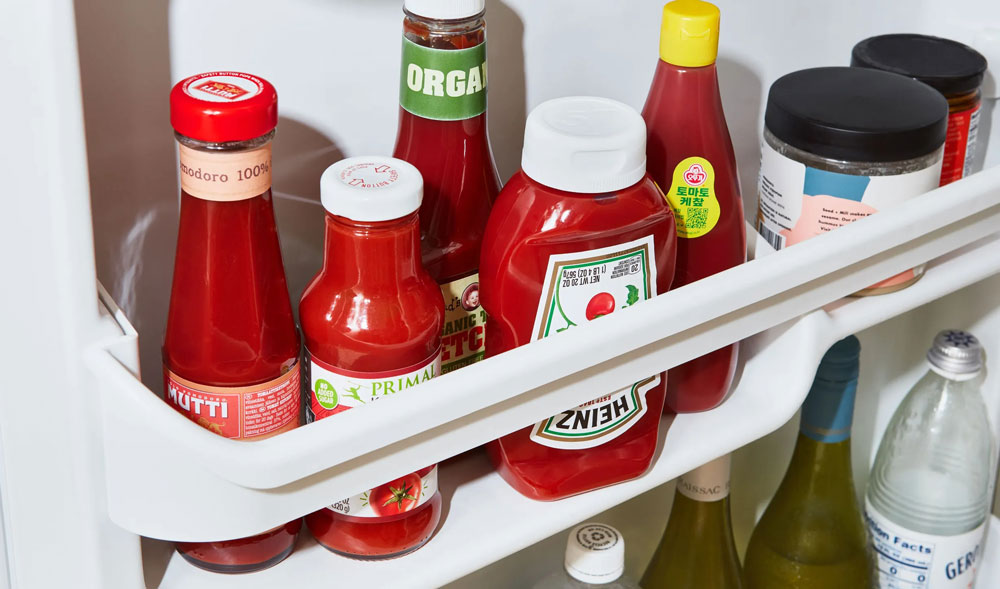
Here's a breakdown:
Unopened ketchup: Can be stored at room temperature in a cool, dark place.
Opened ketchup:
Short-term storage (1-2 weeks): Refrigeration is not strictly necessary but recommended for optimal flavor and texture.
Long-term storage (several weeks or months): Refrigeration is highly recommended to prevent spoilage and maintain quality.
Tips for Storing Ketchup:
Always check the expiration date: Regardless of whether you refrigerate or not, always check the expiration date on the bottle.
Store in an airtight container: After opening, transfer ketchup to an airtight container to prevent oxidation and contamination.
Avoid exposure to heat and sunlight: Store ketchup in a cool, dark place, away from direct sunlight and heat sources.
Beyond the Basics: Exploring Ketchup Varieties
While the above guidelines apply to most standard ketchup varieties, there are some exceptions.
Organic ketchup: Due to the absence of preservatives, organic ketchup may be more susceptible to spoilage and should be refrigerated after opening.
Homemade ketchup: Homemade ketchup, lacking commercial preservatives, should always be refrigerated after preparation.
Signs of Spoiled Ketchup:
While ketchup is generally safe to consume even after its expiration date, there are some signs that indicate spoilage:
Mold growth: Any visible mold on the surface or within the ketchup indicates spoilage and should be discarded.
Off smell or taste: If the ketchup has an unusual or unpleasant odor or taste, it's best to discard it.
Changes in texture: Significant changes in texture, such as separation or clumping, can indicate spoilage.
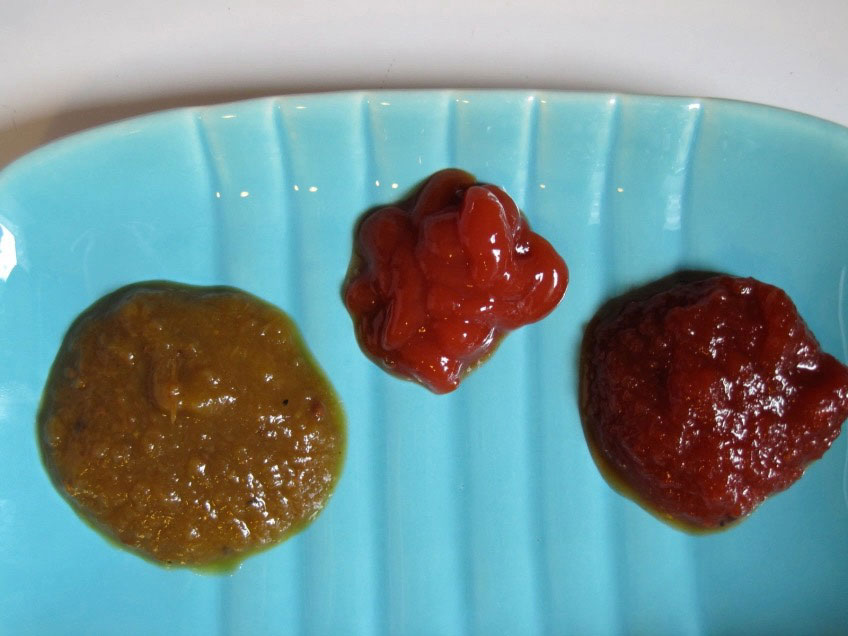
Conclusion:
The decision of whether or not to refrigerate ketchup is ultimately a personal one. While refrigeration is not strictly necessary for unopened bottles or short-term storage, it's generally recommended for optimal flavor, texture, and longevity. By understanding the factors involved and following proper storage guidelines, you can ensure that your ketchup remains delicious and safe to enjoy.
Must-Read Blogs For Chain Restaurants Owner

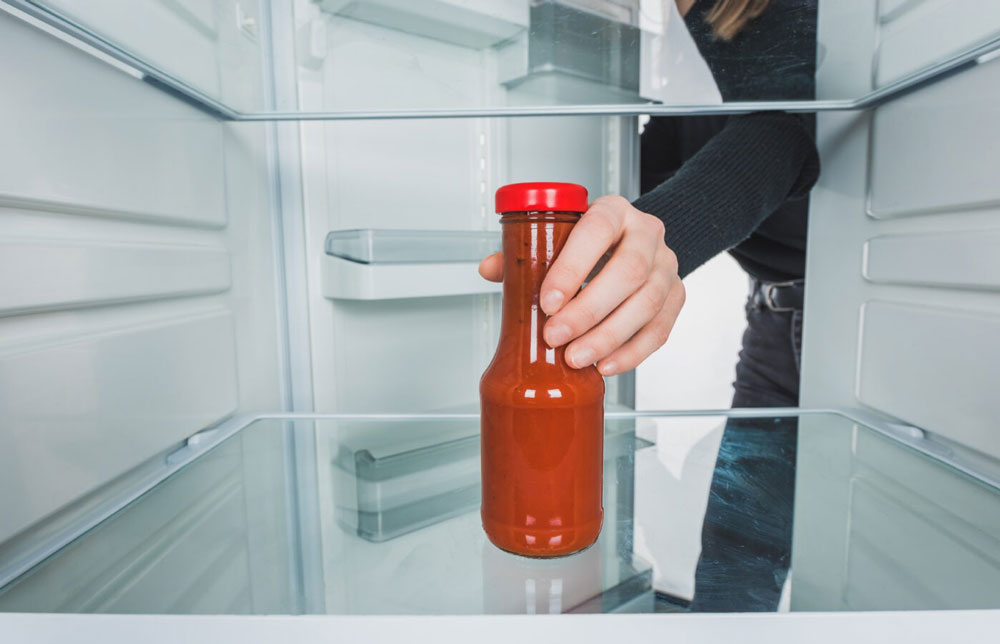
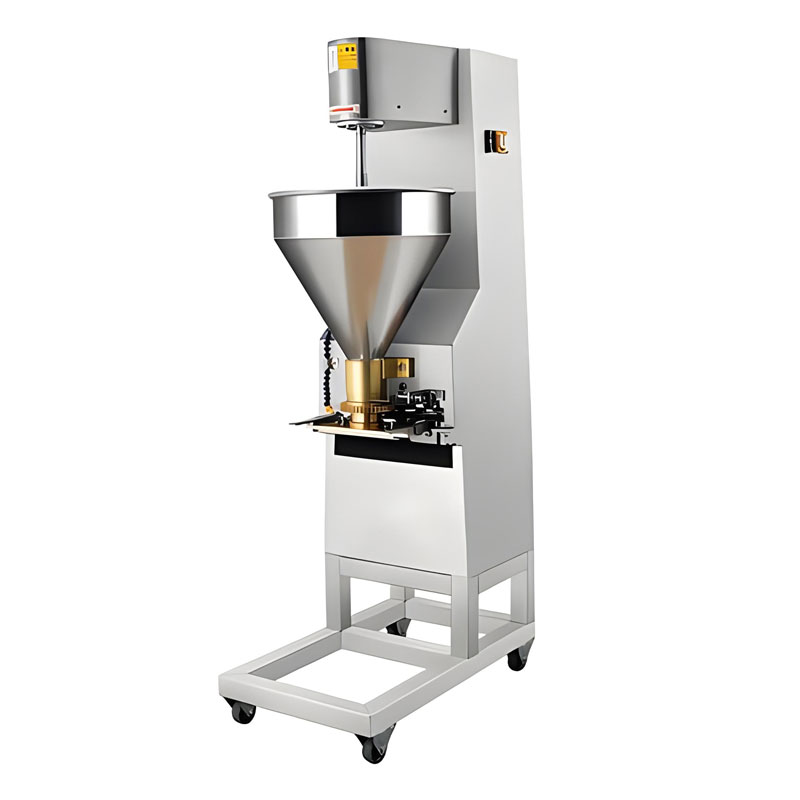
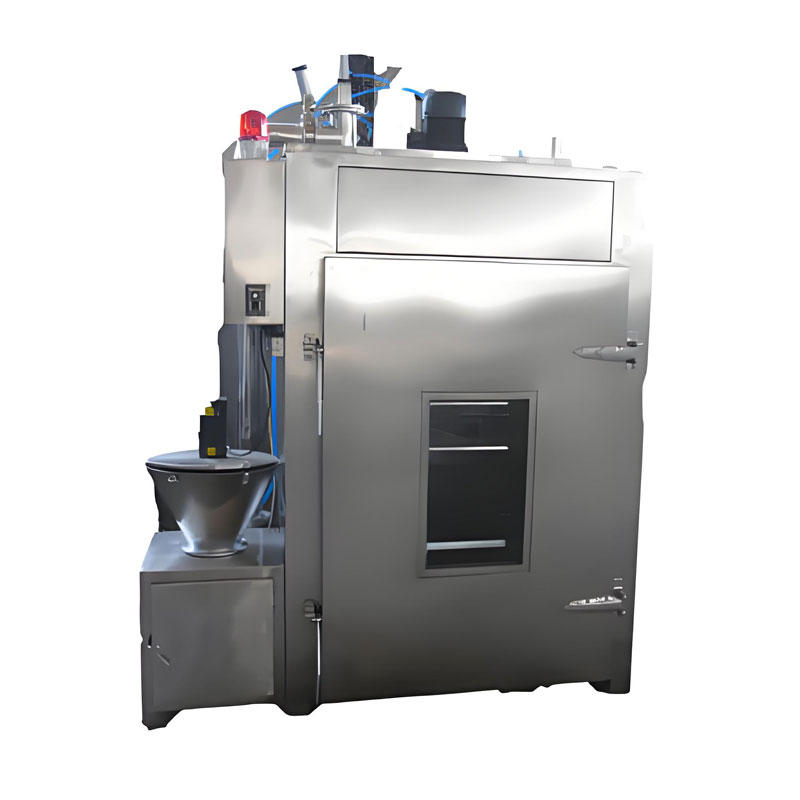



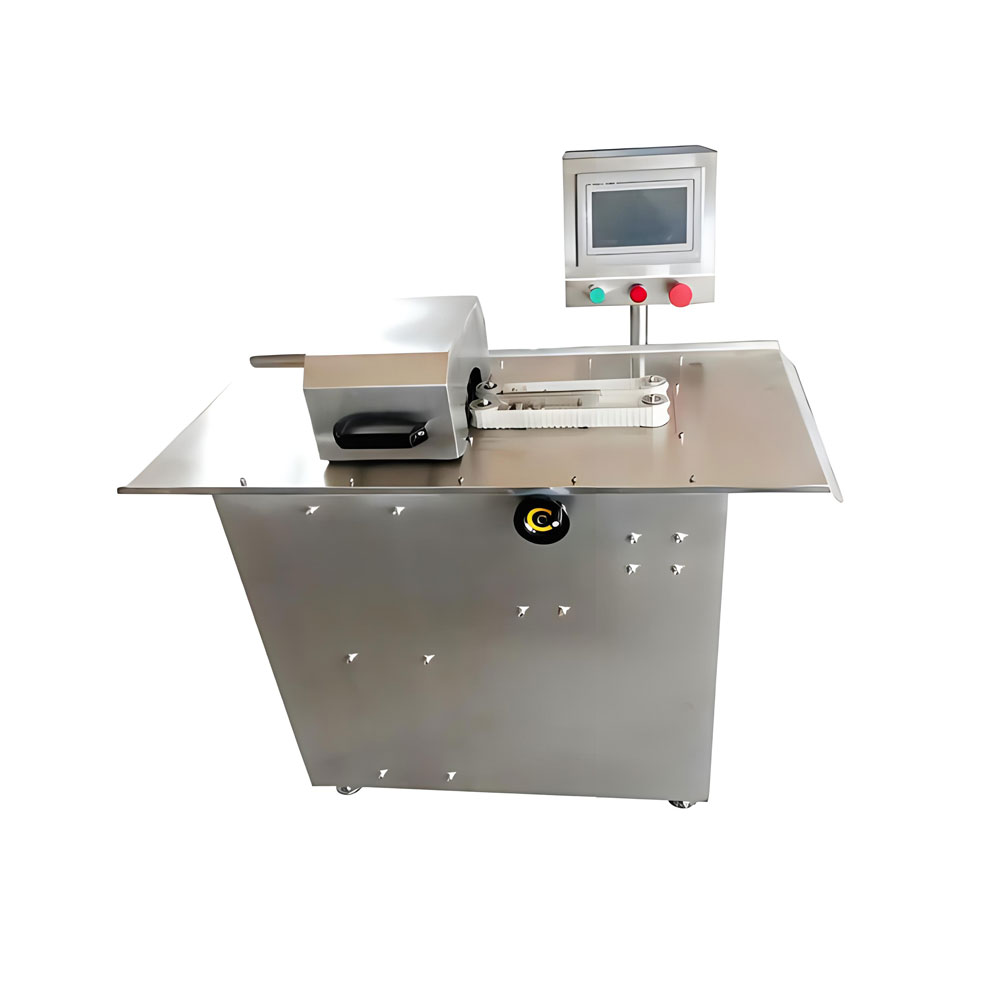

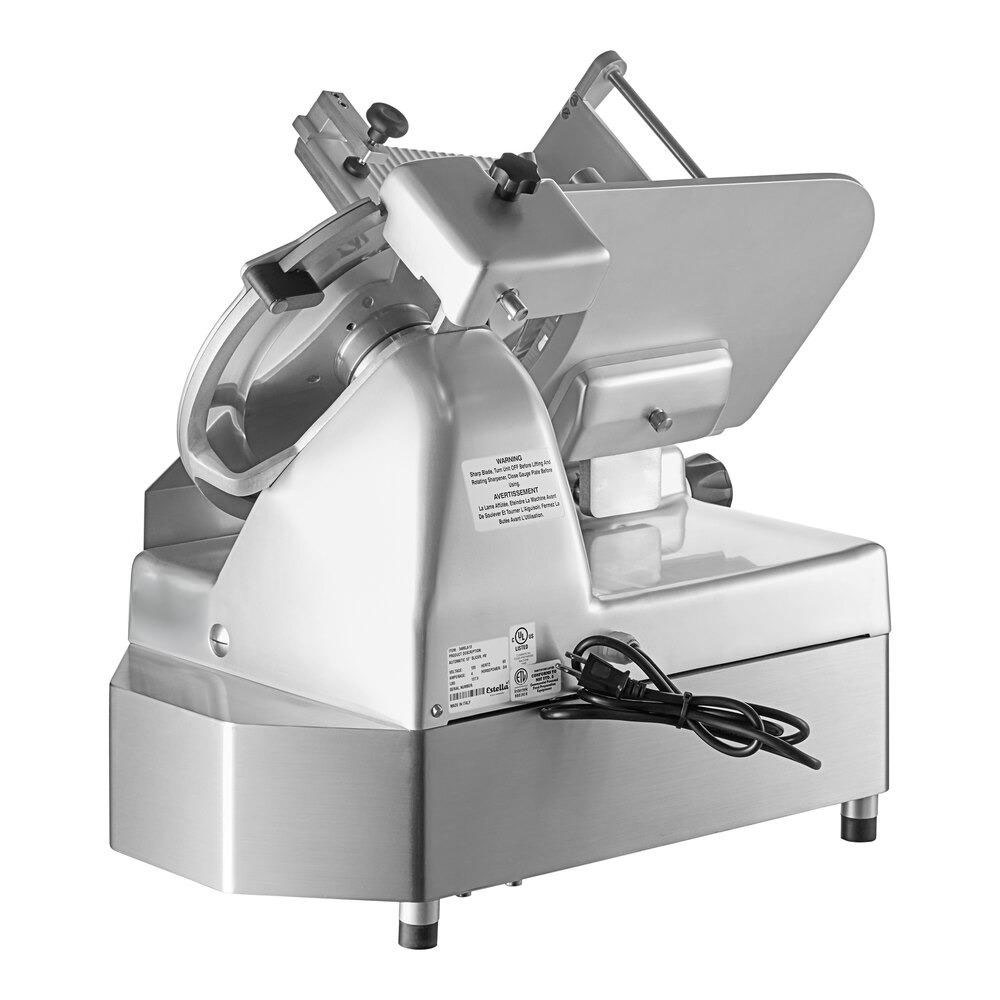
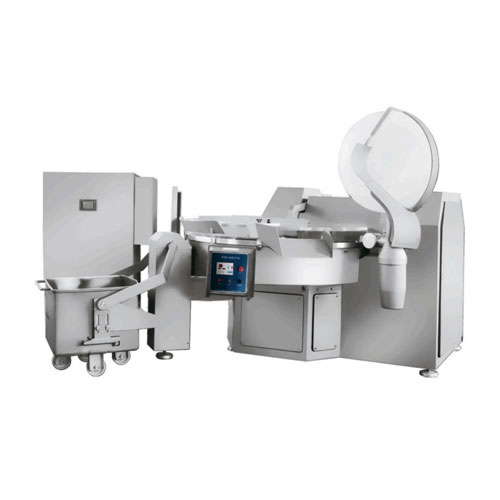

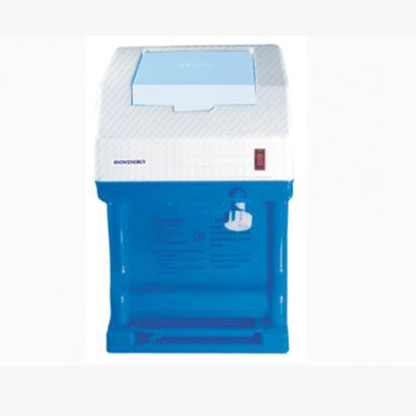 SY-168 / SY-158 Commercial Ice Shaver Machine
SY-168 / SY-158 Commercial Ice Shaver Machine Tomato Ketchup Processing Line
Tomato Ketchup Processing Line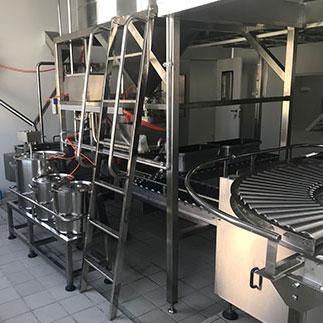 Cold Chain Rice Production Line
Cold Chain Rice Production Line Unmanned Intelligent Rice Production Line
Unmanned Intelligent Rice Production Line
Ready to Get Started?